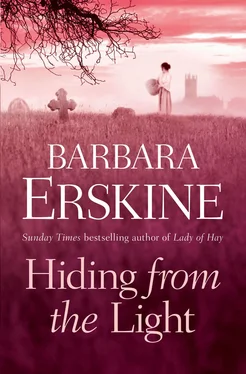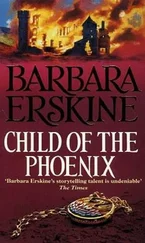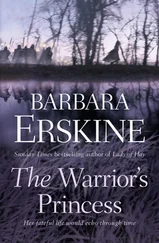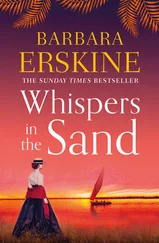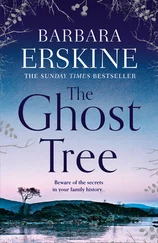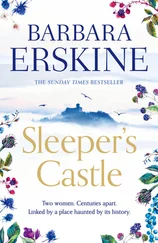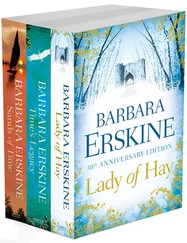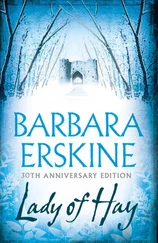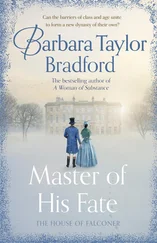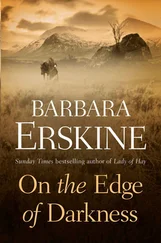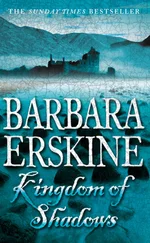We have to find every witch in the area. We have to do God’s work .
Terrified, Judith nodded. She wasn’t Goodwife Phillips. He couldn’t be speaking to her.
You enjoyed your work with me, and there is more to do, Mary!
‘I am not Mary!’ Judith found she had spoken out loud, her voice husky with terror but her indignation at the case of mistaken identity strong. ‘You’ve got the wrong person!’
She was shaking violently.
She lodges in your soul, Judith. You are kindred spirits you and she!
Was that a chuckle she could hear from the corner? As her eyes strained to see the owner of the voice a car turned into the street and the headlights shone for a moment through the thin curtain, lighting up the wall. There was no one there. Of course there was no one there. It was a dream. Desperately she squeezed her eyes shut and pulled her blankets up over her head.
By next morning she had forgotten the whole incident.
The huge moon was still lighting up the countryside like daylight as Lyndsey let herself out of her house. The row of three fisherman’s clapboard cottages was set in the shadow of the old maltings buildings on the quayside. The deep channel came close to the shore there beyond the dock, and the water was black and moved uneasily beneath the pull of the moon. There was no sound as she paused, glancing across the quay down river towards the broad estuary. Somewhere out there, beyond the strip of water and the shining mud, something old and evil hid, swathed in the cold sea mist. More and more often now she sensed it there waiting, and it terrified her. Was she the only person in the entire peninsula who felt it?
The whole world seemed to be asleep; the cottages on either side of her own were in darkness. Quietly she went back and wheeling her bicycle outside, she clicked the front door closed behind her. No one saw her as she set off along the quay and turned up the narrow road towards the centre of the village.
The site of the old church lay in the moonlight like a bright tapestry, a quilting of light and shadow, black and grey and deep velvet green. As she climbed over the wall she stood for a long time, listening. Somewhere a bird, disturbed by the moonlight, whistled plaintively and fell silent and she could hear the high-pitched squeak of bats as they ducked and dived across the grass.
Sure-footedly she made her way to the centre of the thicket where the north wall of the church had once stood, and kneeling on the dew-wet grass she pulled a night-light from her pocket. She lit the flame and steadied it with cupped hands, waiting for the wax to pool around the stubby wick. A pinch of dried herbs and a few grains of incense which hissed and spat, and quietly she began her prayer to the goddess, muttering under her breath, afraid in the still silence to speak out loud for fear of being overheard. Not that there was anyone to hear. The road was deserted, the houses, out of sight beyond the trees, were in darkness and behind her Liza’s cottage was empty and asleep.
When she had finished she stood for a long time, her senses alert, her eyes scanning the shadows. The place was quiet and still at peace.
Turning at last she walked back to the wall. In the lane she hesitated beside her bicycle, then, after a moment’s deep thought she made her way quietly towards the cottage. The For Sale sign had gone to be replaced with one which said Sold . It stood straight and proud, strapped to the gatepost at the end of the holly hedge throwing a black rectangular shadow across the path. Will Fortingale had told her who was buying it. A business woman from London who was so rich she didn’t need a mortgage. A weekender. Someone who would probably employ an interior designer and gardeners and change the place out of all recognition. Carefully she let herself into the garden. Out of the moonlight the shadows were very black. The house still seemed to be asleep. Behind the doors and curtainless staring windows she could sense its emptiness and suddenly she was afraid. She stood still, staring round, the tiny short hairs on the back of her neck bristling. ‘Liza?’ she whispered. ‘Liza, are you there?’
No one answered. The moon was sailing higher now, and smaller. In the apple tree by the gate a bird called out in alarm and she saw the small dark shape flit out of sight across the garden.
Making her way between the rose bushes with their burden of overblown, sweet-scented flower-heads, Lyndsey moved silently around the back of the house. The terrace had been extended about thirty years before by the Simpsons. Small moss-covered red bricks had been set in a herringbone design and around the edges of the terrace they had left a dozen or so large old flower pots which still boasted leggy untrimmed lavender and rosemary bushes. The weight of the roses had pulled down the pergola and their scent, rich and sweet in the night air, was almost cloying as she stepped off the terrace and onto the wet grass. She could feel the garden full of eyes, watching her. Small animals and birds, but also other creatures of the night, hidden invisible beings who had made the garden their own. They were worried too, as uncertain as she was about what would happen to this place. ‘I’ll take care of things, my darlings,’ she whispered. She felt them listening, felt them tense suddenly, their attention hers. ‘We don’t want anyone moving in here, do we? Don’t worry. I’ll get rid of her. You must help me.’
She glanced up as an owl hooted, and watching its swift silent traverse of the garden, she smiled. ‘It’ll be child’s play for us, won’t it. With Liza’s help.’ She paused, turning round. ‘You will help, Liza, won’t you? We don’t want any newcomer pushing her way in here. This is your place. Yours and mine.’
The Simpsons had lasted eighteen months, so she’d been told, before they moved out of the cottage. Holidaymakers came and went. They didn’t seem to bother Liza. After all, there were long periods when the cottage lay empty in between. And since Lyndsey had come back to the village there had been no holidaymakers at all. She had seen to that. She wanted the house empty because the garden was hers; the place, though with such care that no casual observer would see that anyone had been there, where she planted and tended and harvested her herbs.
She had lasted four terms at university. Hateful place. In town. Full of people and cars and noise. Her parents had washed their hands of her when she walked out, her father blustering and indignant, her mother crying. ‘Most people would give their right arm to go to Cambridge, Lyn! How can you do this to us? How?’
They had never understood her. Never cared about who she really was, about what was best for her, rather than for them. When Lucy Stebbings, her great-aunt, had died and left her the tiny terraced cottage in Mistley she had taken it as a sign that she was blessed and supported in her bid for total freedom. She moved in and earned a modest living doing odd jobs around the village to subsidise her real work and her passion: her exquisite, detailed paintings and her research into the occult use of herbs which would one day form the core of the witches’ herb Bible she was planning to write. She had never gone back to her parents’ home in Woodbridge. Had never seen her father again. Her mother came over occasionally with food parcels and clothes and clucked around. Lyndsey was barely civil to her. All she wanted was to be left alone.
She shook her head. What had got her thinking about her past suddenly? Liza, probably. Liza wasn’t an ancestor. She had had no children who had lived. But Sarah had, and Sarah was an ancestor. Sarah, who was Liza’s nursling, Liza’s friend and Liza’s pupil. Sarah who had ended her days in this cottage, the dower house where she had come to live in her old age and where she had carried on Liza’s work.
Читать дальше
